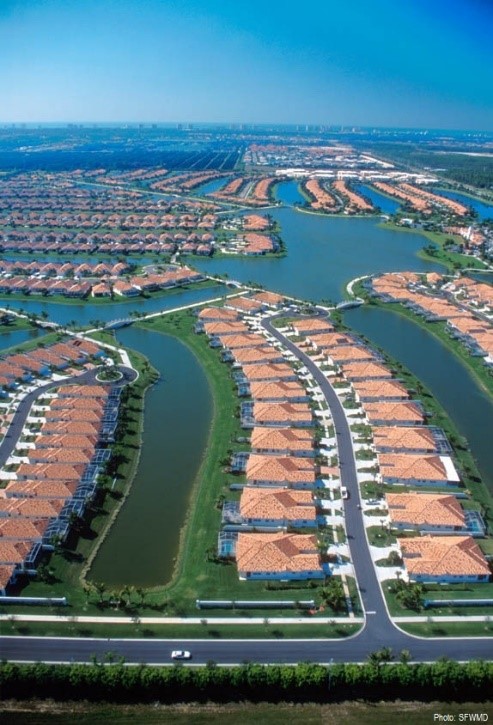 Zoning and other land use regulations are most effective when a community is able to take a comprehensive approach to its access needs. For example, a shoreline access plan might be part of a larger “water-dependent use” zoning scheme for a region.
Zoning and other land use regulations are most effective when a community is able to take a comprehensive approach to its access needs. For example, a shoreline access plan might be part of a larger “water-dependent use” zoning scheme for a region.
Incentive/bonus zoning is a technique that allows developers to exceed zoning regulations in exchange for providing specific public benefits, such as physical access to the shore. For example, allowing a slightly higher density of houses or multi-use zoning in an area where the developer sets aside land for conservation and perhaps for a path to the ocean.
Zoning ordinances can be very flexible to address the needs of a specific community. They can include the following:
- Water-dependent use zoning and/or marine zones can be used to establish districts that give preference to commercial fishing or other maritime activities.
- Special Permit Zoning (also called incentive zoning, bonus zoning, conditional use, special use, special exception) allows certain uses, prohibits others, and allows a third group of uses only by special permit. For instance, an area could be zoned for water-dependent uses only, with special permits for water-enhanced uses such as restaurants.
- Contract zoning (also called a development agreement) is a bilateral agreement authorized in which a landowner contracts with local government to apply deed restrictions to a property in exchange for a desired zone change. Contract zoning differs from special permit zoning in that contract zoning can be applied to individual parcels within a zone, and thus is more flexible. Contract zoning is usually used for the development of complex, multi-phase projects. Developers are permitted to develop a project under existing regulations, with the knowledge that future zoning changes or development regulations will not apply to their project. Developers may concede more in exchange for the security this provides. These agreements are not considered exactions because they are voluntary; the developer agrees to concessions in order to rezone a particular area (not simply get a permit under existing zoning laws).
- Transfer of Development Rights (TDRs) is a system designed to compensate a developer restricted by a particular zoning regulation. Land is protected by transferring the “rights to develop” from one area and giving them to another. What is actually occurring is placement of conservation easements on property in certain coastal areas while allowing for an increase in development densities or “bonuses” in other areas that are being developed. The costs of purchasing the easements are recovered from the developers who receive the building bonus elsewhere. TDRs tend to be successful only where there is a strong market for the traded development rights.
How can I learn more about zoning for water-dependent use in Florida?
- Contact your local planning department or Regional Planning Council. Click here for a list by region.
- Consult these resources:
- Water-Dependent Use Definitions: A Tool to Protect and Preserve Recreational and Commercial Working Waterfronts
- Florida’s Coastal Program, National Oceanic and Atmospheric Administration
- Coastal Zone Management, National Working Waterfront Network
